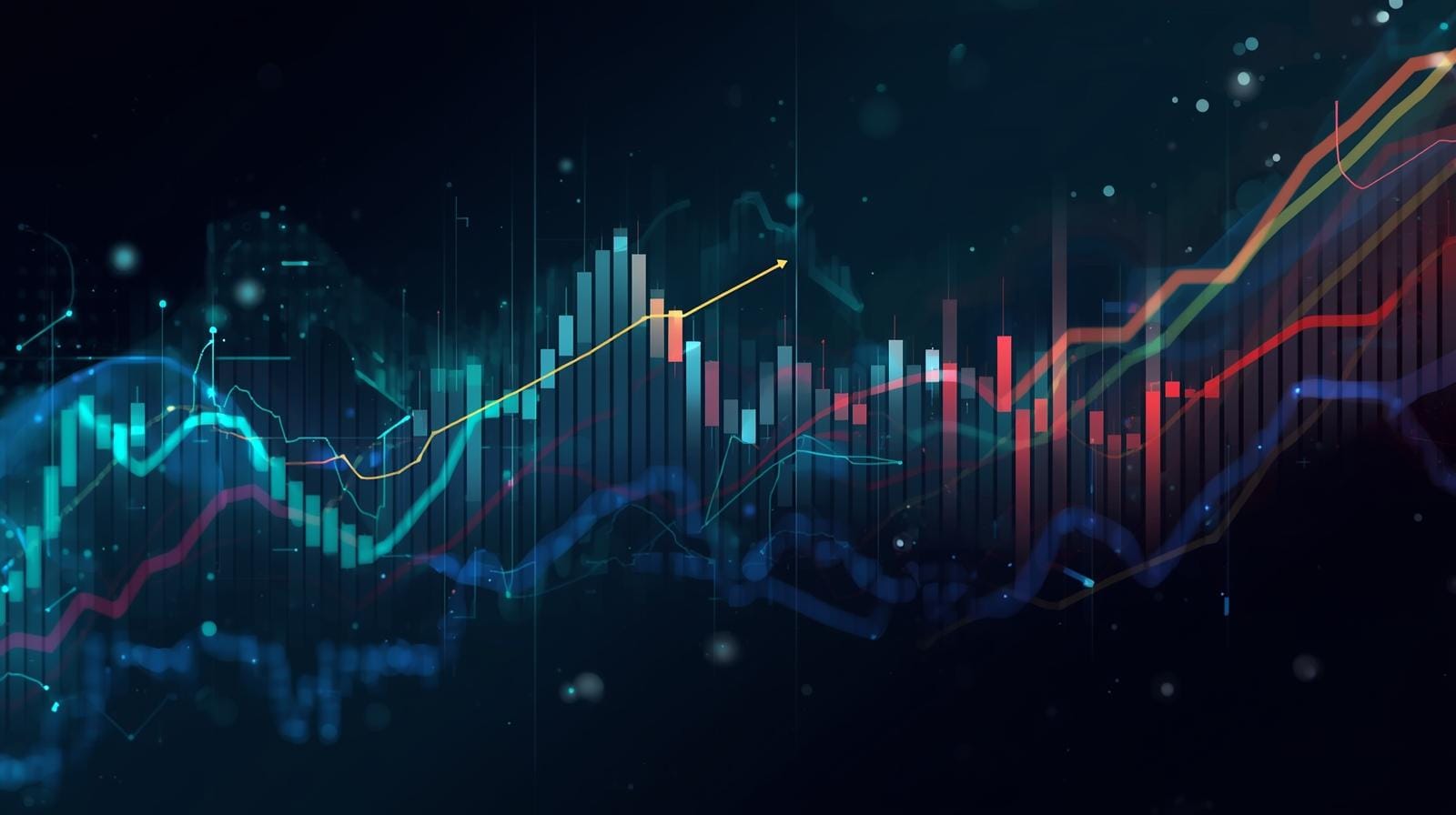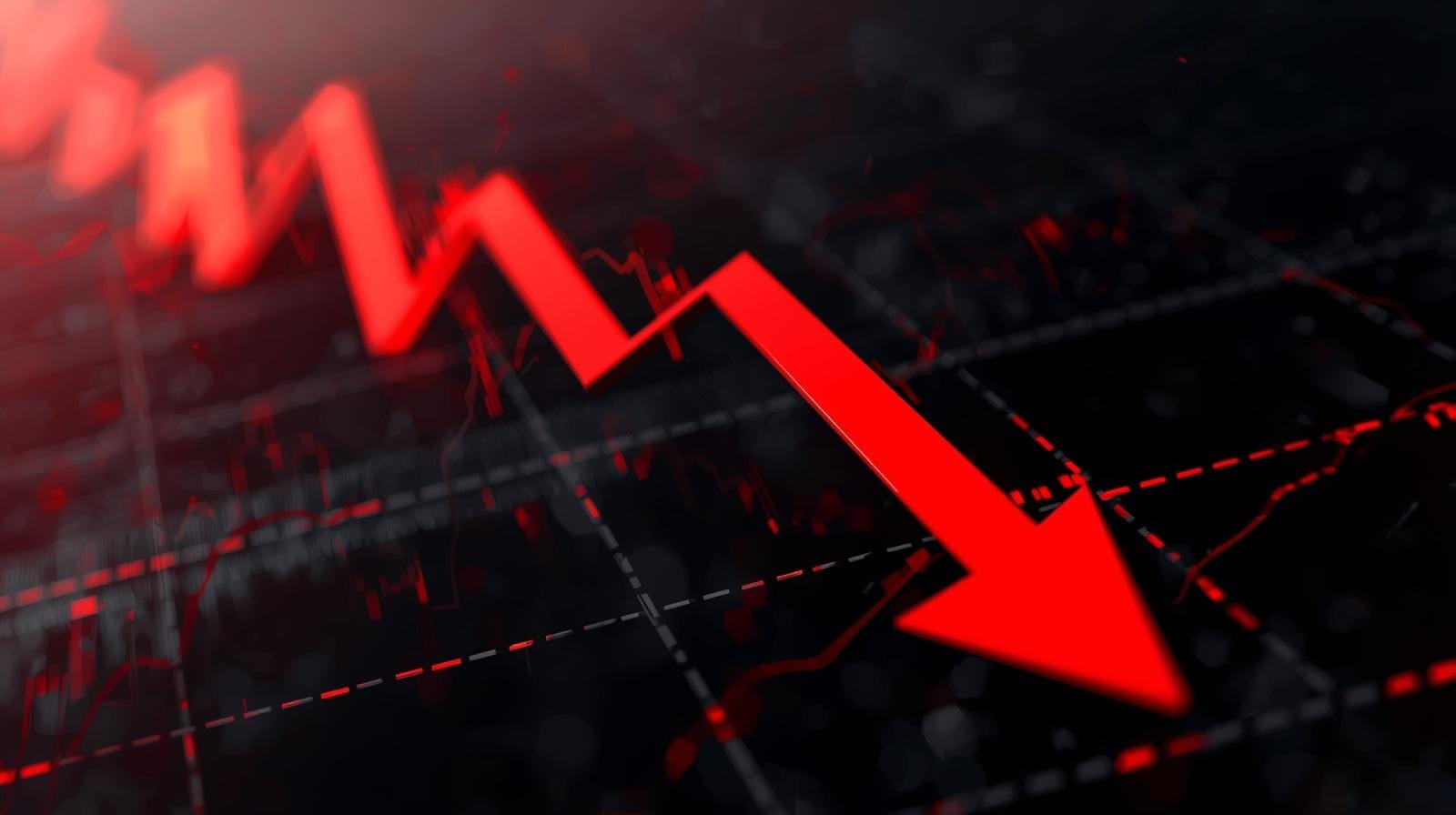CBOE S&P 500 3-Month Volatility Index
VXVCLS • Economic Data from Federal Reserve Economic Data (FRED)
Latest Value
18.49
Year-over-Year Change
-1.49%
Date Range
10/15/2021 - 8/14/2025
Summary
The CBOE S&P 500 3-Month Volatility Index measures expected market volatility over the next three months based on S&P 500 index options. It provides investors and analysts with a forward-looking indicator of market uncertainty and potential price fluctuations.
Analysis & Context
This economic indicator provides valuable insights into current market conditions and economic trends. The data is updated regularly by the Federal Reserve and represents one of the most reliable sources for economic analysis.
Understanding this metric helps economists, policymakers, and investors make informed decisions about economic conditions and future trends. The interactive chart above allows you to explore historical patterns and identify key trends over time.
About This Dataset
This volatility index reflects market participants' expectations of future stock market volatility, serving as a key sentiment indicator for financial markets. Higher values suggest increased investor uncertainty, while lower values indicate more stable market expectations.
Methodology
The index is calculated using implied volatility derived from S&P 500 index options with approximately three months until expiration.
Historical Context
Economists and traders use this index as a critical gauge of market risk and investor sentiment during various economic conditions.
Key Facts
- Represents expected market volatility over a three-month period
- Calculated using S&P 500 index options pricing
- Higher values indicate increased market uncertainty
FAQs
Q: What does a high VXVCLS value mean?
A: A high value indicates increased market uncertainty and potential for significant price swings in the S&P 500 index over the next three months.
Q: How is this index different from other volatility measures?
A: This index specifically focuses on a three-month forward-looking period, providing a medium-term view of market expectations compared to shorter-term volatility measures.
Q: How do professional investors use this index?
A: Investors use the index to assess market risk, adjust portfolio strategies, and make informed decisions about potential market movements.
Q: What economic conditions typically impact this index?
A: Major economic events, geopolitical tensions, monetary policy changes, and significant market news can substantially influence the volatility index.
Q: How frequently is this index updated?
A: The index is calculated and updated in real-time during market trading hours, providing continuous insights into market sentiment.
Related News

U.S. Natural Gas Storage Increases Due to Market Dynamics
Navigating Market Volatility: U.S. Natural Gas Storage Strategies and Trends Understanding the dynamics of the U.S. natural gas storage sector is c...

Gen Z In the U.S. Shifts From Spending To Saving Habits
How Gen Z's Shift from Spending to Saving is Impacting the US Economy Recent trends indicate a significant shift in the spending habits of Gen Z, w...

S&P 500 Rises With Optimistic U.S. Inflation Report
S&P 500 Soars: Positive U.S. Inflation Developments The S&P 500, a primary stock index that tracks the performance of 500 major U.S. companies, has...

U.S. Stock Market Futures Rise On Inflation and Tariff News
US Stock Market Futures Rise Amid Inflation Data and Tariff News US stock market futures are on the rise, driven by significant updates in inflatio...

U.S. Treasury Yields Decline After Inflation Data Meet Expectations
US Treasury Yields Drop as Inflation Data Meets Expectations US Treasury yields have seen a noticeable decline recently, as the latest inflation da...

U.S. Stock Market Rises Amid PCE Inflation Report Analysis
U.S. Stock Market Climbs Amidst Insights from PCE Inflation Report Investors in the U.S. stock market are focusing on the most recent PCE Inflation...
Related Trends
Citation
U.S. Federal Reserve, CBOE S&P 500 3-Month Volatility Index [VXVCLS], retrieved from FRED.
Last Checked: 8/1/2025